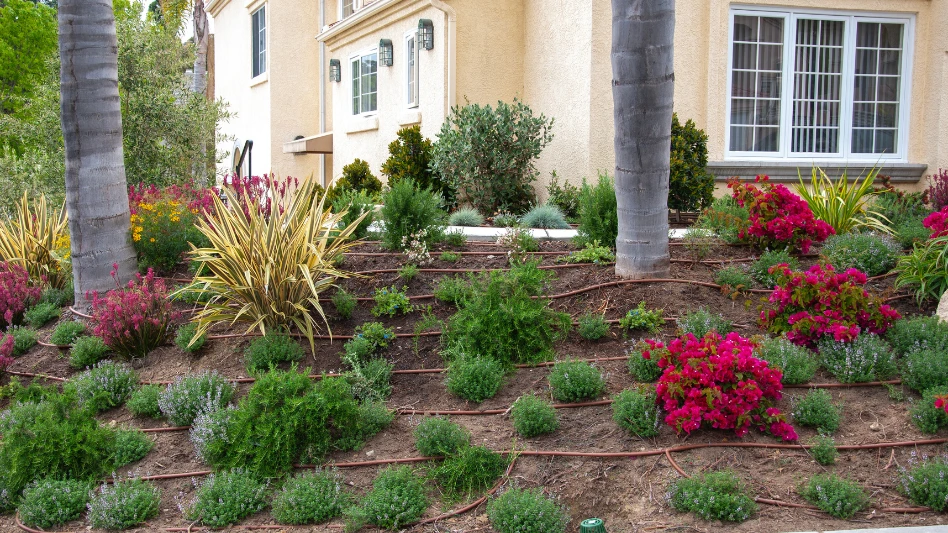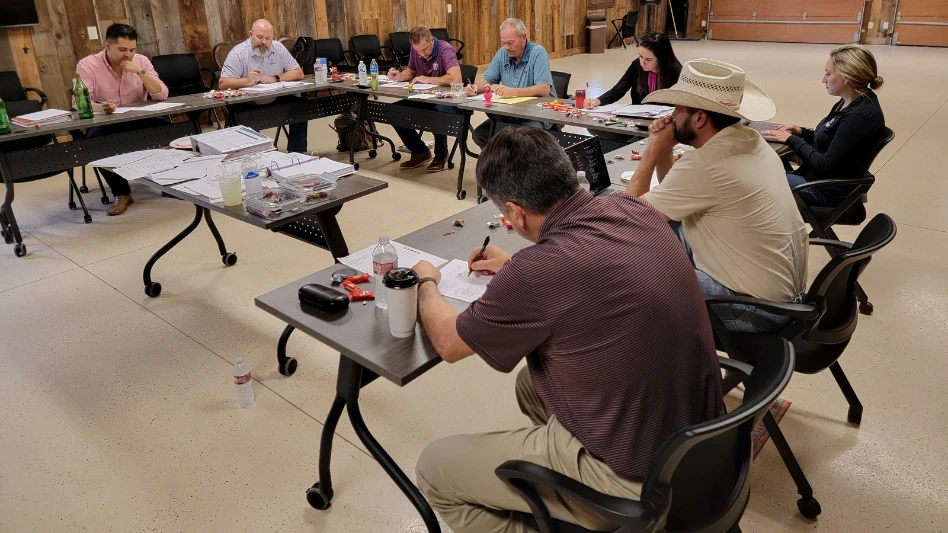You walk into the dealership with money to spend on compact equipment, but there’s one problem. There’s a lot more to take into account than just price. You may think you want a skid-steer, which is normally the cheapest up front, but as you talk to the dealer, a wheel loader sounds more appealing. But what about a compact track loader? That has a number of features that interests you, as well.
The bottom line is it can be overwhelming to buy equipment, especially when there’s so much to take into account. So, we talked to some manufacturers, and here’s what they had to say about the pros and cons of skid-steers, compact wheel loaders and compact track loaders.
Skid-steers.
Skid-steers are appealing because they will be the least expensive up front of the three options, they are the best for general use and they have very good maneuverability.
“You can zero-turn these things, so it makes them very good in tight places,” says Curtis Goettel, marketing manager of Case Construction Equipment. “That compactness, plus the power that you have with it is really important. But I guess the key thing that makes a skid-steer a skid-steer, is its versatility.”
Skid-steers can also be used on a wide selection of jobs.
“Skid-steer loaders are very versatile machines,” said Mike Fitzgerald, loader product specialist for Bobcat Co. “They can be used in a variety of different applications. In addition, the initial purchase price is lower than what you’ll find on all-wheel steer loaders, compact wheel-loaders and compact track loaders.
“So from an initial purchase standpoint, that may fit the contractor’s needs better. In areas where the ground is normally dry – Arizona, for example, we sell more skid-steers than we do track loaders. But it really depends on the soil type and the amount of rainfall.”
The ease of changing attachments also scores a point for skid-steers.
“At the end of the day, it’s a power unit for an attachment,” Goettel says. “Industry wide there are about 2.6 attachments sold for every skid steer. When you get into agriculture and landscaping, that number gets closer to five and six because guys are switching out attachments all the time and using these machines for different operations.”
Compact wheel loaders.
While a wheel loader may cause sticker shock compared to the price of a skid-steer, Gary Bell, vice-president and general manager of Kawasaki Construction Machinery says it is worth it in the long run.
“For us, the wheel loader offers a little more versatility as far as the type of applications it can physically handle,” Bell says.
George Chaney, global product manager for JCB skid-steers and compact track loaders, says wheel loaders are used a lot in nurseries and landscape supply houses.
“They have pretty fast cycle times, they have pretty high lift capacity which they call full-turn tipping load on wheel loaders,” Chaney says.
Goettel says a compact wheel loader essentially does what a skid-steer does, except it does more of it – it can lift more weight than a skid-steer or a compact track loader can.
“They are also very good in narrow environments,” Goettel says.
One of the other big advantages is that they drive like a car, so if you’re going around areas like nurseries or golf courses, they can cover a lot of ground, Goettel says.
“Where a skid-steer tops out at 11-12 mph, a wheel loader you can drive on most local roads 35 mph,” Goettel says. “But they are getting squeezed out because, as skid-steers and CTLs get bigger and bigger, they’re getting replaced in many applications. Because you can accomplish it with a smaller platform, less money and you can do almost the same things.”
Compact track loaders.
If you’re looking for the piece of equipment that will do a minimal amount of ground damage, then a compact track loader is for you. When it rains, you can get it out on that soft, muddy piece of land.
“If you have inclimate weather, a track loader – you’re probably going to be able to get out there for a good bit of work,” says Kelly Morris, product manager for Mustang skid-steer loaders. “A skid loader you’re going to be down. Skid and wheel loader with conditions like that are going to be lesser amount of hours compared to a track loader.”
Fitzgerald says he let a father/son contractor team try out a compact track loader on a wet day, and when they finished, the father told the son that if they had a track loader, they could be working that day.
Many contractors feel compact track loaders add several days to a work season due to the machines ability to work on wet ground or soft ground, Fitzgerald says. These extra work days, along with the additional pushing and grading capabilities of a compact track loaders offset the higher initial cost and additional maintenance in some applications.
“A CTL because of having an undercarriage on it, it’s going to have more weight down low and it’s going to be able to lift more,” Goettel says. “CTLs in general are going to be more powerful. They’re basically pushing machines, too, kind of like a bulldozer.”
While an undercarriage and tracks are seen as a positive attribute of the track loader, Goettel says it’s also a disadvantage because it will be expensive to fix and replace.
“If you’re operating on concrete or hard ground, you’re going to wear out those tracks quickly and they’re really expensive,” Goettel says. “The maintenance of the undercarriage and the simple cost of operation of a CTL are higher. So maybe if you don’t need one, you don’t want to buy one. But if you are in one of those applications where you need one, it makes your life a lot easier.”

Explore the June 2011 Issue
Check out more from this issue and find your next story to read.
Latest from Lawn & Landscape
- LMN partners with Attentive.ai
- Get to know the generations working for you
- Addressing addiction in landscaping
- Fairway expands national footprint with 6 acquisitions
- Graze Robotics opens new headquarters in Plano, Texas
- Addiction in the green industry
- Kress earns Sourcewell approval
- The best laid plans





